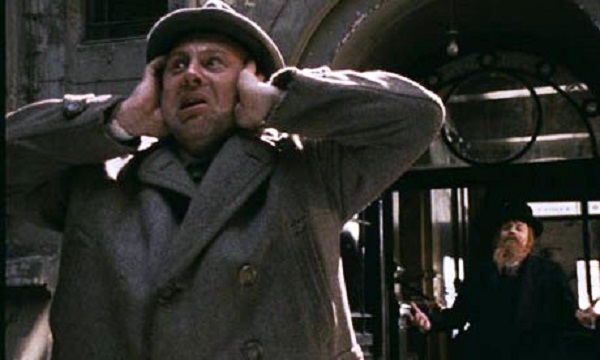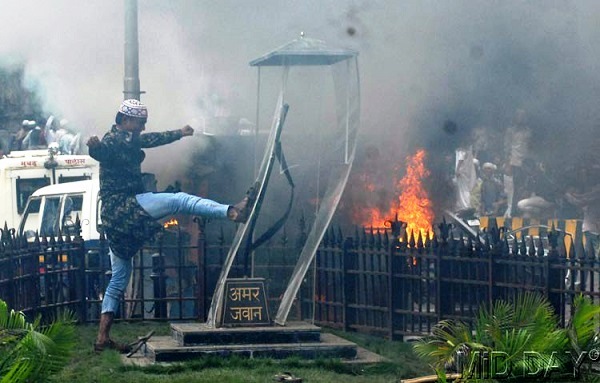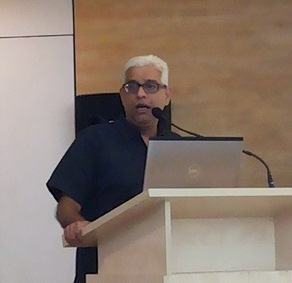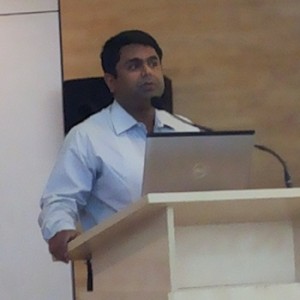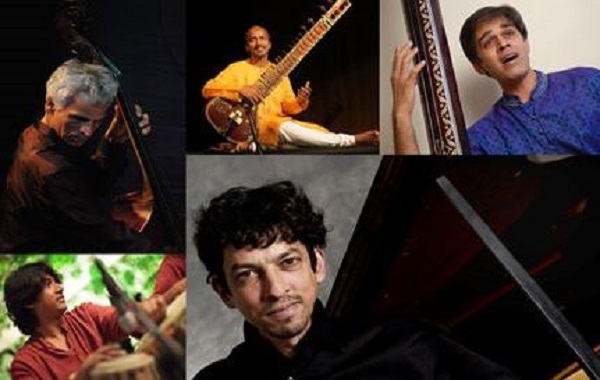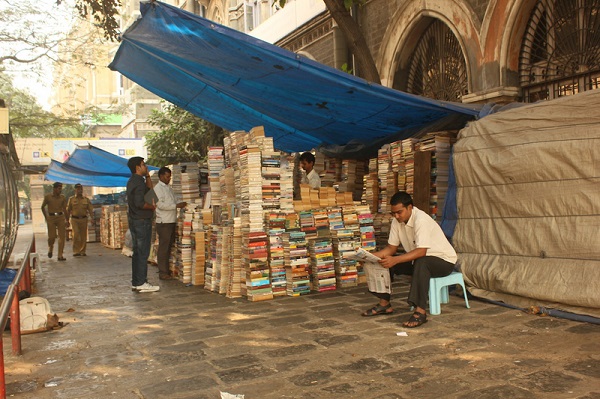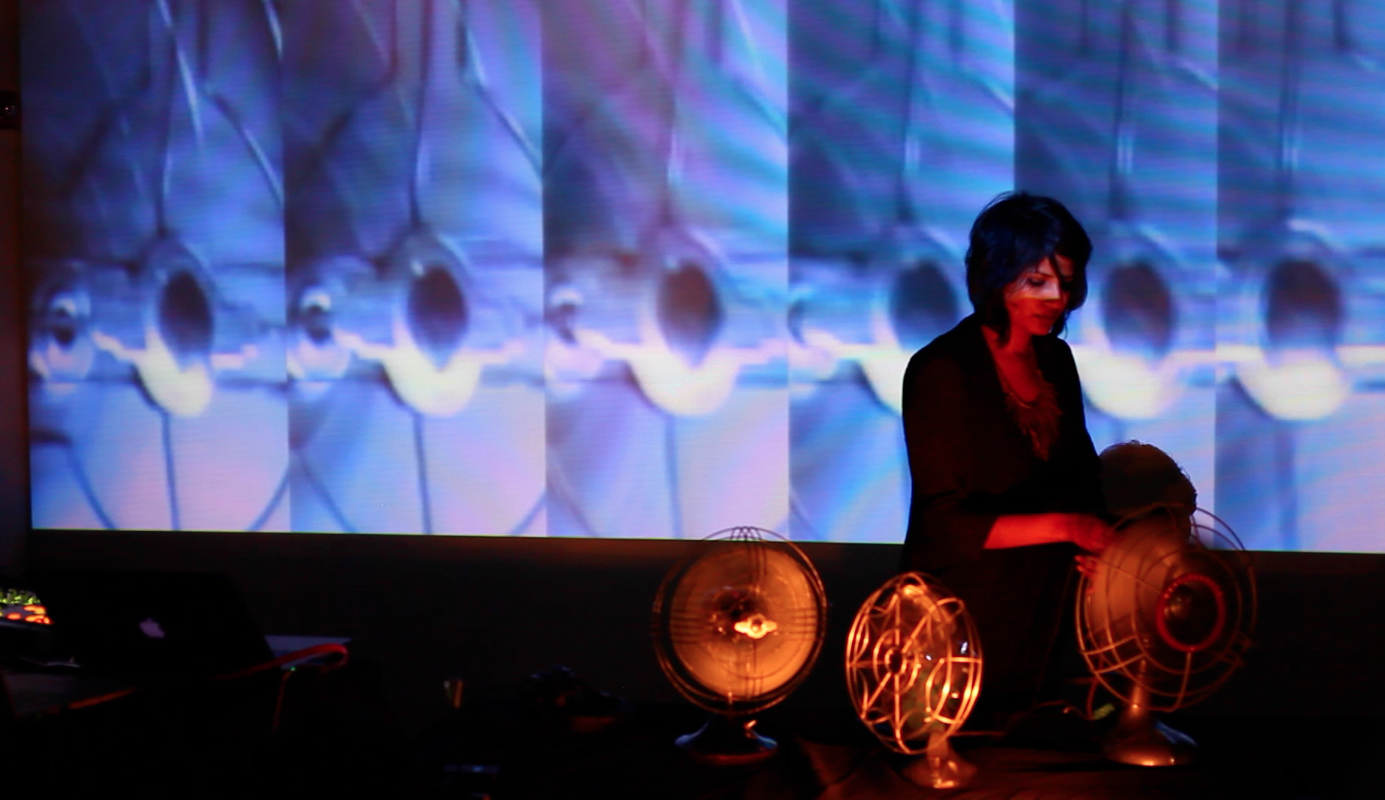Max Mueller Bhavan, Kala Ghoda, is showing the famous German miniseries ‘Berlin Alexanderplatz’ by RW Fassbinder, from today to Sunday.
by The Editors | editor@themetrognome.in
Everybody loves watching a good miniseries. And if it’s a miniseries helmed by RW Fassbinder, about a man convicted for murder and his life after coming out of jail, it is definitely worth a dekko.
The Max Mueller Bhavan, Mumbai, is showing the 14-part miniseries Berlin Alexanderplatz, Fassbinder’s famous adaptation of Alfred Dobin’s novel by the same name. The complete series is 15½ hours long and was first aired in Germany in 1980. In 1983, it was released theatrically in the United States, where a theatre would show two or three parts per night. It garnered a cult following in the US and was eventually released on VHS and broadcast on PBS.
Max Mueller Bhavan, Mumbai will present the re-mastered version of the series from today, September 12, to Sunday, September 14, in 14 parts. Three parts will be aired today, five tomorrow and the rest on Sunday. Entry and seating on all three days is free and on a first-come-first-seated basis.
Head to Galerie Max Mueller, Max Mueller Bhavan, Kala Ghoda. Timings for the screenings are: Friday, September 12, 6.30 pm onward; Saturday, September 13, 5 pm onward; and Sunday, September 14, 11 am onward.
(Picture courtesy www.theguardian.com)
